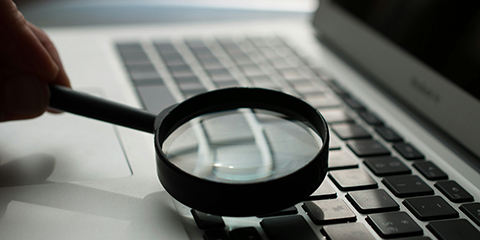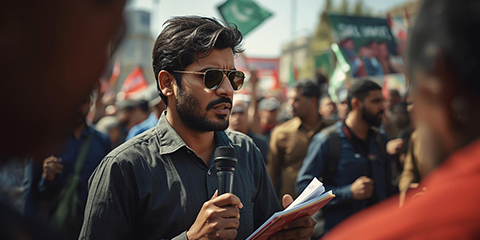Why fact-checking is crucial for modern journalism
JournalismPakistan.com | Published: 19 June 2024 | GuruGuide
Join our WhatsApp channel
This article discusses the importance of fact-checking in journalism. It highlights how fact-checking supports credibility and combats misinformation.Summary
Fact-checking is a cornerstone of responsible journalism. In an era where misinformation and fake news spread rapidly, the role of fact-checking has become more crucial than ever. This article explores the significance of fact-checking in maintaining journalistic integrity, fostering public trust, and supporting a well-informed society.
Ensuring Accuracy and Credibility Accurate reporting is the bedrock of journalism. Fact-checking ensures that information disseminated to the public is correct, thereby maintaining the credibility of the news source. Journalists must verify facts before publishing to avoid the spread of false information, which can have far-reaching consequences.
Combating Misinformation Misinformation and fake news can distort public perception and influence decision-making. Fact-checking helps combat this by identifying and correcting false information. This process not only corrects errors but also discourages the deliberate spread of misinformation by holding sources accountable.
Building Public Trust Trust is a critical component of the relationship between the media and the public. Consistent fact-checking reinforces the public's trust in journalism. When readers know that a news outlet is committed to accuracy, they are more likely to rely on it for information.
Upholding Ethical Standards Journalism operates on ethical principles, including truthfulness, accuracy, and fairness. Fact-checking upholds these standards by ensuring that journalists report the truth. This ethical responsibility is fundamental to the role of the press in a democratic society.
Enhancing Journalistic Integrity Fact-checking enhances the integrity of journalists and news organizations. It shows a commitment to thorough research and due diligence, distinguishing professional journalism from unverified amateur content. This integrity is essential for the media's role in educating the public and fostering informed debate.
Educating the Public Fact-checking also plays an educational role. By exposing falsehoods and explaining the truth, fact-checkers help the public develop critical thinking skills. This education is crucial in a media landscape flooded with information from various sources of varying reliability.
Adapting to the Digital Age The digital age has transformed how information is shared and consumed. Fact-checking has adapted to these changes by using technology and collaboration. Fact-checkers now employ advanced tools and work with tech companies to identify and combat misinformation on social media platforms.
Fact-checking is indispensable in modern journalism. It ensures the accuracy and credibility of news, combats the spread of misinformation, builds public trust, upholds ethical standards, and enhances journalistic integrity. As the media landscape continues to evolve, the role of fact-checking will only become more significant, reinforcing the need for reliable and truthful reporting. Journalists and news organizations must prioritize fact-checking to maintain their crucial role in society as providers of accurate and trustworthy information.
KEY POINTS:
- Fact-checking is essential for credible journalism.
- It combats misinformation and improves public trust.
- Upholding ethical standards is a vital role of journalism.
- Fact-checkers educate the public on critical thinking.
- Adaptation to the digital age enhances fact-checking efforts.

























